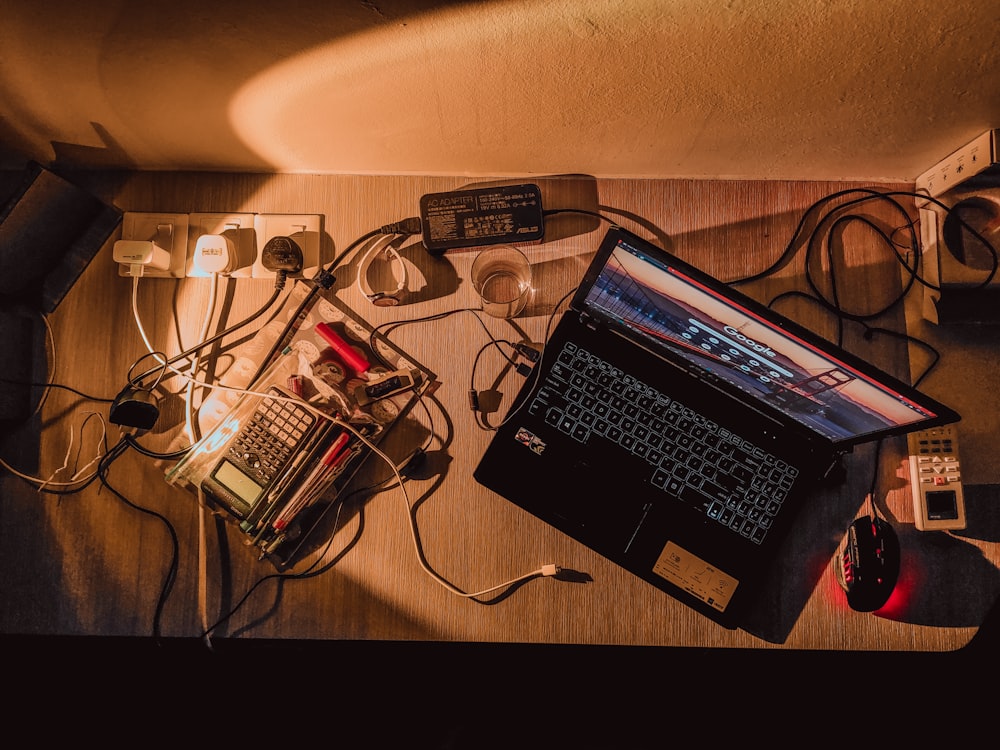Working night shifts is a frequent practice in today’s world as businesses strive to remain open twenty-four hours a day, seven days a week. Additionally, it can generally be very effective for business operations! However, issues start to develop as a result of working regular shifts and not getting enough sleep. 70% of American people say they get too little sleep at least once a month, and 11% say they get too little sleep every night. (source) Employees may begin to experience crippling sleep disorders, for which untreated sleep apnea can be quite hazardous.
Night shift job alone won’t result in sleep apnea. Lack of sleep can cause chronic breathing problems because it puts more strain on the heart and lungs. However, night workers who already have sleep apnea can see their symptoms worsen, like having more frequent breathing pauses and having less oxygen saturation while they sleep.
Our bodies have an internal timer that links light with activity or work and darkness with sleep, as we’ve discussed numerous times here. People who work night shifts, like us, often go against this delicately crafted clock or circadian rhythm, causing our bodies and brains to go slightly stir-crazy as they attempt to realign themselves continually.
Sleeping can be very challenging for us as a result of this ongoing reorganization process, as I’m sure I have already mentioned. Stay with me as we investigate sleep apnea in general and how it relates to night shift work. Are you more vulnerable? What can we do if such is the case?
Sleep Apnea: What Is It?
In a nutshell, sleep apnea is a sleeping problem where breathing regularly stops and starts. Most sufferers of sleep apnea snore while they sleep and never get enough rest.
Despite having slept through the night, you feel tired during the day. It sounds familiar.
For those shift workers who do not have sleep apnea, here is a simple explanation of what happens when we breathe.
Normally, air enters our lungs after traveling down our windpipes and via our throats. All the muscles in our throats, even the smallest ones, are wide open when we are fully awake. But these muscles relax while you’re sleeping. Snoring can occur when the air traveling through the throat pushes itself in and generates vibration. However, in some other people, the tiny passageway at the back of the throat totally closes, depriving the lungs of air. Most often, this occurs as a result of the brain failing to tell the throat muscles to relax. As a result, the brain wakes you awake and forces air into your lungs to immediately engage the muscles.
The wake typically occurs in a way that we are unaware of. The brain then falls back to sleep, and the cycle repeats itself repeatedly. You won’t experience the restful deep sleep because of the interrupted sleep.
Various Sleep Apnea Types
The following are the most prevalent types of sleep apnea:
When the brain fails to communicate properly with the muscles that control breathing, the throat closes during central sleep apnea.
Snoring is caused by the relaxation of the throat muscles, which causes obstructive sleep apnea. It is the kind of sleeping issue that is most prevalent.
When you have both of the aforementioned sleep apnea kinds, you have complex sleep apnea syndrome.
Consequences Of Sleep Apnea
Breathing is diminished or nonexistent. Likewise, known as apnea episodes. Your companion will most likely notice this.
- You struggle all day long with sensations of weariness and sleepiness.
- When you wake up, you may have headaches or dry mouth.
- Frequent nighttime awakenings for urination
- Motor abilities deteriorate, focus suffers, and memory loss increases.
- When you’re sleeping, you frequently find yourself gasping for air.
- Frequent and loud snoring (here’s a quick sleep fix for your snoring!).
Different apnea affect men, women, and kids. Men experience the majority of the aforementioned symptoms. The most typical signs in women are;
- Depression
- Anxiety
- Headache
- Insomnia
- interruption of sleep
- Fatigue
the most typical signs in kids are;
- Bed-wetting
- Hyperactivity
- a worsening of asthma symptoms
- issues with learning and performance in school
Most patients typically wait a long time to receive a sleep apnea diagnosis. In any case, the sleeping disorder is curable, and some individuals recover fully from the condition.
Why People Who Work the Night Shift Are More Prone to Obstructive Sleep Apnea
Our body clocks are so confused from the night shift! Our bodies are designed to sleep at night and be awake during the day. As night shift workers, we are aware of this, and we act very differently!
Our hearts—indeed, our entire cardiovascular system, is under a lot of stress as a result of this misalignment between our sleep waking cycles and circadian rhythms. This results in issues not only with heart function but also with our ability to breathe, which regrettably increases our risk of developing OSA.
Additionally known to exacerbate inflammatory conditions, increase blood sugar levels, and impede metabolism, irregular circadian function is recognized to be detrimental to an already overworked heart.
Sleeping pills
Recurrent circadian disruption brought on by overnight shift work may be harmful to cardiovascular health outcomes in this older population of post-acute coronary syndrome (ACS) patients independent of traditional risk factors, according to a study published in the Journal of the American Heart Association.
Does working the night shift worsen sleep apnea?
Based on the scant research that has been done in this area, it appears that night work is strongly associated with increasing OSA symptoms.
According to a study published in the Journal of Physiology and Pharmacology, working nights dramatically increased the frequency and duration of obstructive apnea during Rapid Eye Movement (REM) sleep, as well as other suboptimal breathing abnormalities.
In this particular study, “they conclude that acute sleep loss may aggravate obstructive sleep apnea index in a subset of sleep apnea patients.”
In essence, if you have OSA and work nights, it could get worse because of the disruption to your sleep schedule and likely lack of sleep.






